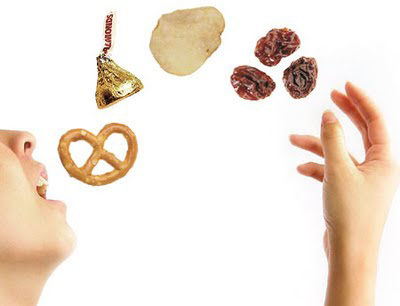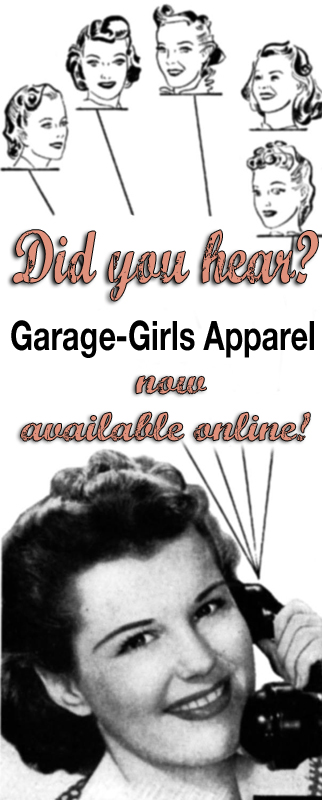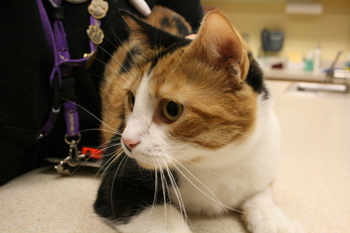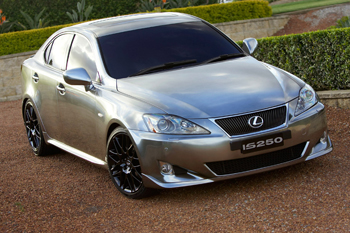
There are 2 main ingredients to losing weight and achieving fitness goals. Exercise and Nutrition. For some, one can be much easier over the other. For instance someone may have no problem staying away from bad foods and eating all the right things but can’t for the life of them can’t drag themselves to the gym or get outside and walk, run or do anything active. Then you might have someone who is so committed to working out and exercising, but if you put any junk food in front of them they will gobble it down. For most it’s going to come down to finding that perfect balance. Today we wanted to talk about empty calories and helping those who have trouble with the nutrition side of this recipe for success.
You may have read the term “empty calories,” or heard it used by nutritionists. But what does it mean?
Empty Calories = High Calories but Low Nutrition
“Empty Calories” describes foods high in calories but low in nutritional values (also known as junk food!), lacking the health-promoting micro-nutrients
Examples of foods containing mostly Empty Calories
•French fries, fried chicken, chips and all other deep-fried foods
A large order of fries from a fast food chain can contain up to 570 calories with a whopping 30 g of total fat and 8 g of trans fat! Tons of calories from fat and very few micro-nutrients.
•Candy, Soda and other sweetened packaged foods
A can of soda contains about 130 calories as well as additives and colorings. Again, lots of calories from sugar but no micro-nutrients.
•Beer, wine and all other alcoholic beverages
A can of beer contains about 150 calories from sugar and not much of anything else. In addition, calories from alcohol tend to be stored as fat in the abdomen (leading to a “beer belly”).
•Refined grains such as crackers, cookies, white rice and white bread
Refined grains do provide some B vitamins, but that’s it.
How to Avoid Empty Calories?
•Avoid deep-fried foods. Instead of deep-frying, use other methods of cooking. For instance, have a baked potato with skin instead of fries, or a piece of baked skinless chicken breast instead of fried chicken.
•Avoid sweetened drinks and canned drinks.
•Try whole grains instead of refined grains. Whole grains are packed with beneficial fiber and antioxidants. For instance, have a slice of whole-wheat bread instead of white bread. Have a bowl of whole-grain breakfast cereals or unsweetened oatmeal instead of corn flakes.
•Snack on fruits! Instead of prowling for a box of crackers in the mid afternoon, snack on fruits. Better yet, dip them in low-fat yogurt to get additional calcium and protein.
A very good rule to use to help you stay on track is to ask yourself one question every-time before you put something in your mouth. …. “Will this help me reach my fitness goals? Does that have any nutritional value, or is this just full of empty calories.” You’ll be surprised at how this will help you choose what you eat! Make what you eat count!
 Visit the store to get yours!
Visit the store to get yours!








